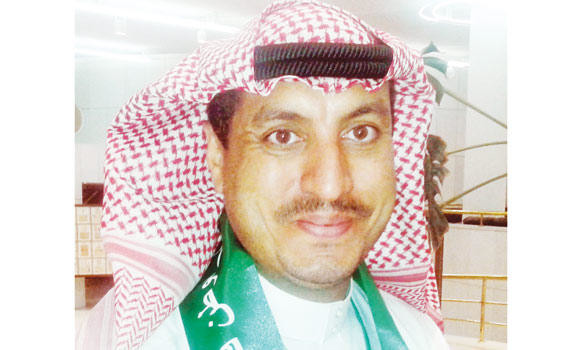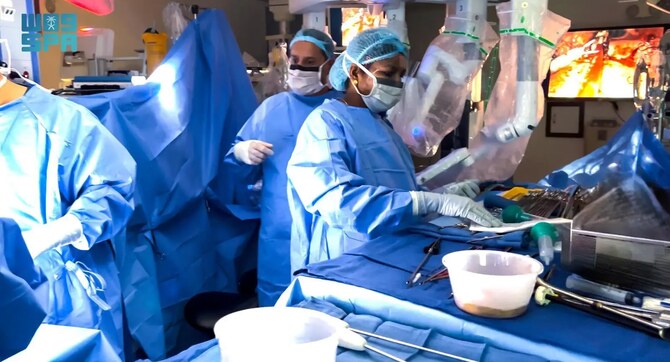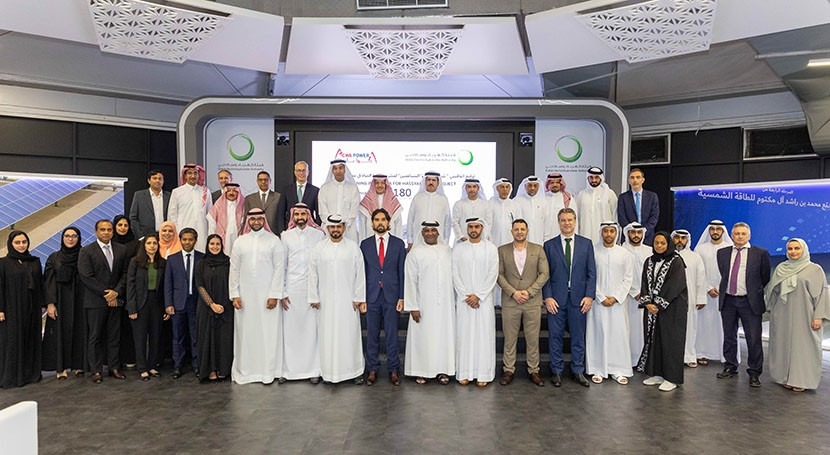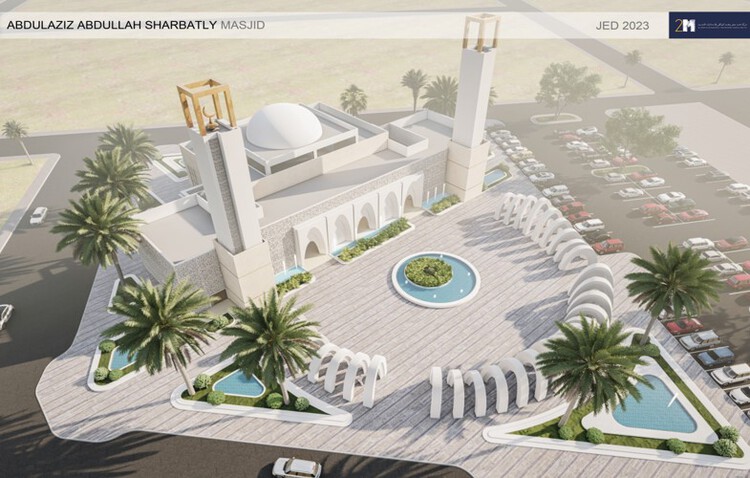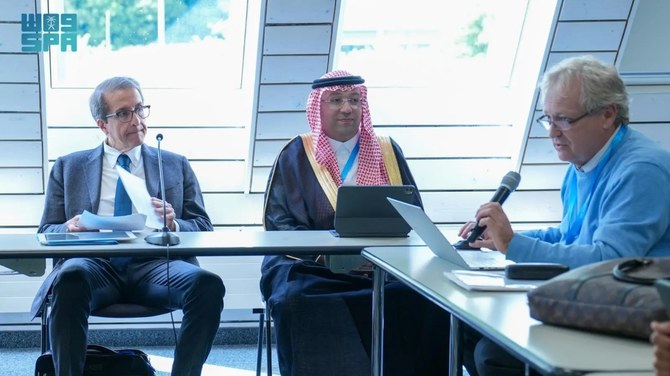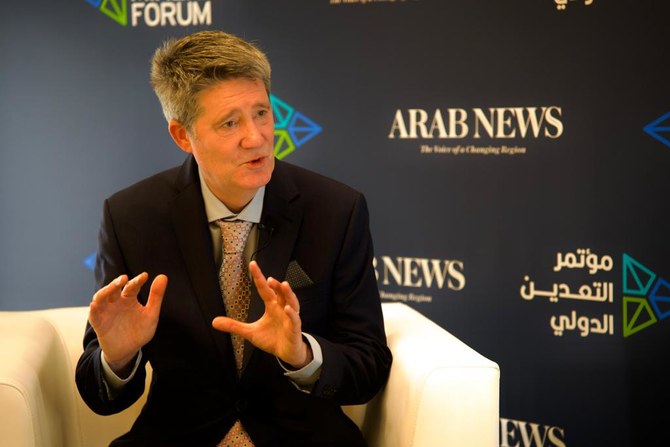Saudi Food and Drug Authority says selection of Khalid Al-Zahrani by Codex Alimentarius Commission is a ‘milestone’ and ‘testament to our commitment to global food safety
Al-Zahrani has represented the Kingdom on several international committees, including at the World Trade Organization
Saudi official Khalid Al-Zahrani was chosen on Wednesday to be vice chair of the Codex Alimentarius Commission, which sets the standards for the international food trade that are designed to ensure products are safe and protect consumer health.
Representatives of the Saudi Food and Drug Authority who were present for the vote at the commission’s 47th annual session in Geneva, Switzerland, congratulated Al-Zahrani on his election.
“This is a significant milestone for Saudi Arabia and a testament to our commitment to global food safety and standards,” said Hisham Aljadhey, the authority’s CEO.
“By assuming the role of vice chair of Codex, (Saudi Arabia) aims to further strengthen international collaboration, promote sustainable food practices and ensure the well-being of consumers worldwide.”
Al-Zahrani has served as the Codex chairperson for the Near East region since 2020 and was reelected to the position in 2023.
He also represented Saudi Arabia on several international committees, including the World Trade Organization’s Technical Barriers to Trade, the Gulf Cooperation Council Standardization Organization, and the International Organization for Standardization’s Food Products Committee.
He works closely with the Kingdom’s Food and Drug Authority, which aims to prioritize sustainability and enhance efficiency, inclusiveness and transparency within food systems. The authority was recognized in January by the World Health Organization as one of the first five countries in the world to eliminate the use of industrially produced trans fats in food, alongside Denmark, Lithuania, Poland and Thailand.
“Al-Zahrani’s election highlights the exceptional quality of Saudi staff at the SFDA and the authority’s efforts in food-safety legislation and oversight,” the authority said.
The Codex Alimentarius (Latin for “Food Code”) is a collection of internationally recognized standards, codes of practice, guidelines and other recommendations related to food production, labeling and safety, published by the UN’s Food and Agriculture Organization and the WHO.
source/content: arabnews.com (headline edited)
___________
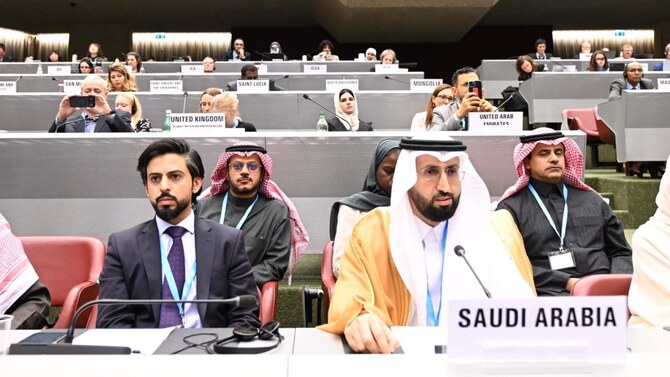
Khalid Al-Zahrani and the CEO of the Saudi Food and Drug Authority, Hisham Aljadhey, during the vote at the Codex Alimentarius Commission in Geneva. (Supplied)
_________________
SAUDI ARABIA
